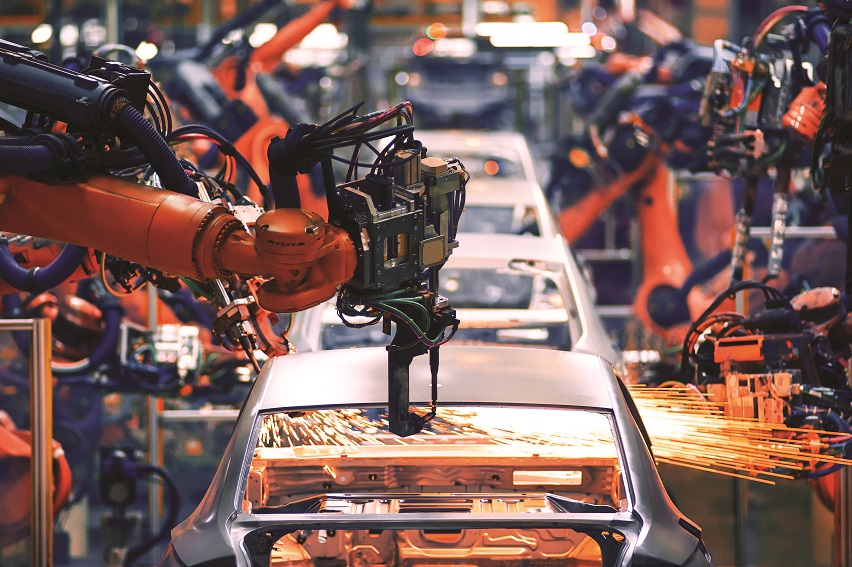Southeast Asia's largest and fastest growing automotive market

Indonesia is Southeast Asia's largest and fastest growing automotive market, with vehicle sales expected to reach 900,000 units in 2025 (1). With car ownership at just 14% of households, there is massive potential for market expansion driven by a young, urbanizing population (2). Additionally, Indonesia’s GDP growth is outpacing the increase in car ownership, signaling strong future demand. As the first and leading automotive market in ASEAN, Indonesia presents unparalleled opportunities for manufacturers, suppliers, and investors looking to tap into this dynamic region.
A competitive and sustainable automotive manufacturing hub

Beyond domestic sales, Indonesia has emerged as a regional hub for automotive manufacturing, exemplified by its strong completely built-up (CBU) vehicle export capability. In 2024, Indonesia exported 472,193 CBU vehicles, reflecting the country’s growing role in the global automotive supply chain (3). This growth is underpinned by substantial annual investments, with USD 2.06 billion injected into the automotive sector in 2024—a 43% increase compared to 2019 (4)—highlighting investor confidence and government support.
Automotive aftermarket is experiencing a digital shift

The Indonesian automotive aftermarket is experiencing significant growth, driven by a rising vehicle population, increasing consumer awareness of maintenance, and the expansion of online service platforms. This growth is expected to continue, with the market projected to surpass IDR 160 trillion (USD 10 billion) by 2033 (5). A major shift toward digital is evident, as 30% of aftermarket service bookings were made online in 2023, driven by rising internet and smartphone use (6). Service providers are adopting digital tools to improve customer experience and operational efficiency.
Rapid expansion of electric vehicle market

The Indonesian government is actively promoting electric vehicle (EV) adoption, with EV sales projected to grow by 29%. To support this, it offers tax exemptions, reduced import tariffs, and subsidies for EV manufacturers and buyers. Bold targets aim for substantial electric car and bike adoption by 2030 (7), backed by investments in charging infrastructure and local EV component production. These measures create a favorable market environment fueling the rapid expansion of Indonesia’s EV sector.
References:
- Indonesia's Top 10 Car Brands Are Dominated by Japan, Including BYD, News, Economy & Industry GAIKINDO, Jan, 2025.
- Proportion of Households Owning Cars in Indonesia 2024, figure based on the Indonesian Central Bureau of Statistics (BPS) , Databoks. 14 Feb 2025.
- 2024 vehicle export of Indonesia, Asian Automotive Analysis Weekly. 26 May 2025.
- Indonesia’s Automotive Investment Soars to USD 2.06 Billion, Sevenstones. 16 Jan 2025.
- Indonesia Automotive Aftermarket Service Market Report (2025-2033), Report Ocean. 18 Mar 2025.
- Indonesia Automotive Aftermarket Service Market Outlook to 2029, TraceData Research. Sep 2024.
- Indonesia’s EV market shows strong growth despite broader industry challenges, pwc. 17 Jun 2025.
